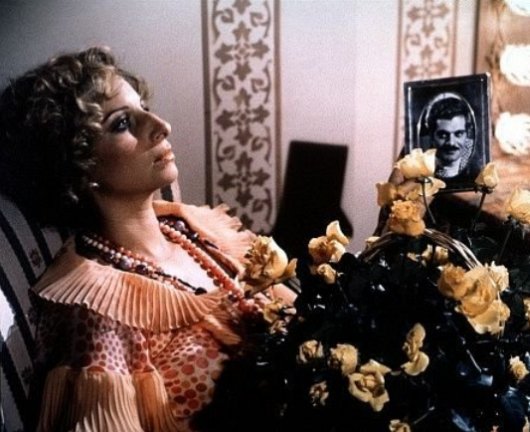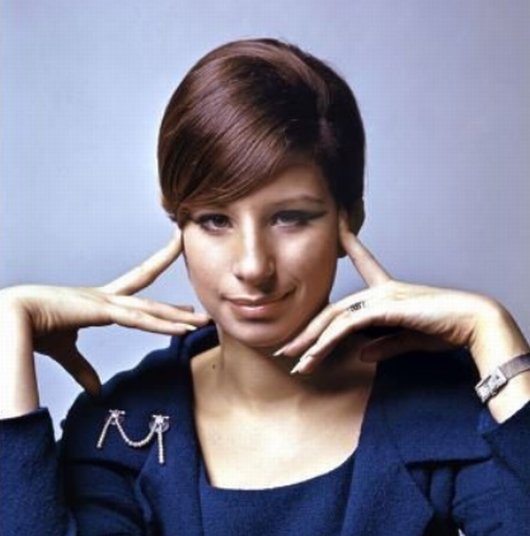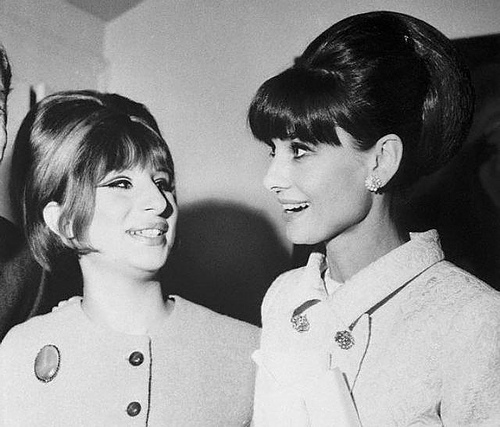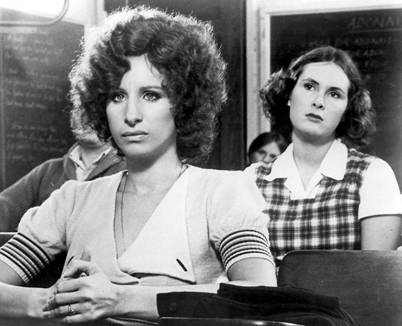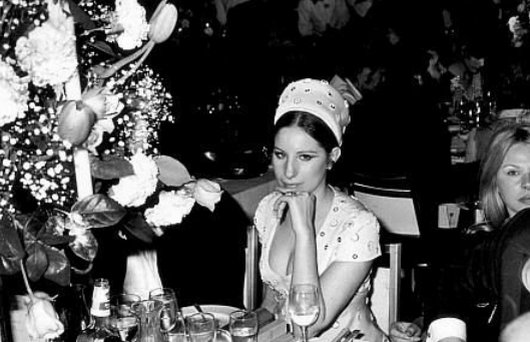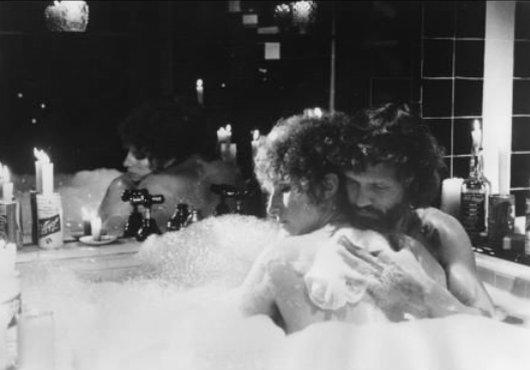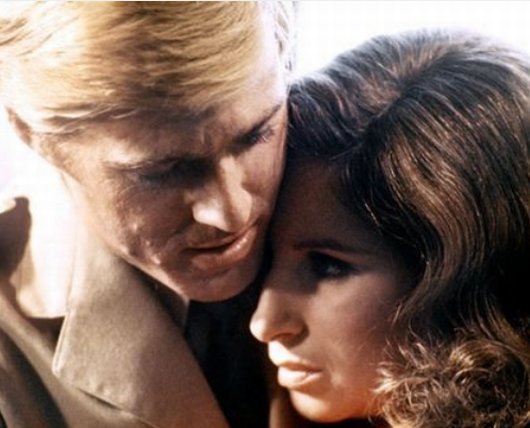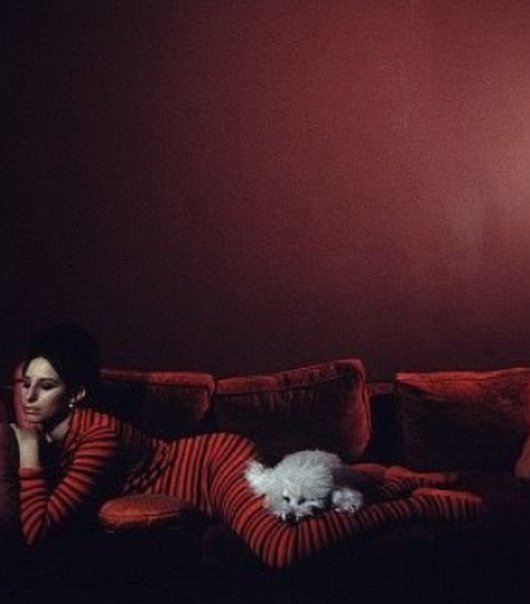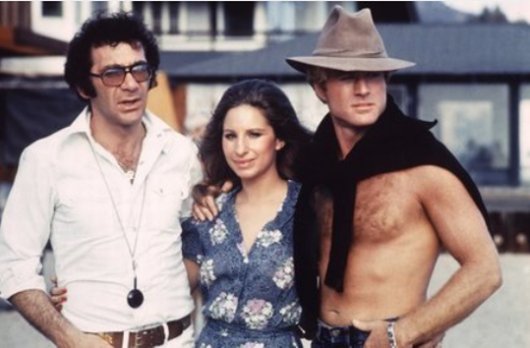 THE PAST
THE PAST In Which We Have Bound Our Feet To Madame Chiang Kai-Shek
 Thursday, February 25, 2016 at 10:46AM
Thursday, February 25, 2016 at 10:46AM This is the first in a two part series on the life of Madame Chiang Kai-Shek.

Golden Lilies
by ELLEN COPPERFIELD
Upper class Chinese women suffered through a thousand years of foot-binding. The feet of young girls were swaddled tightly in gauze in order to bend the toes into the sole. The malformed paws were called orchid hooks, and prevented women from fleeing their husbands.
May-ling Chiang’s mother, avoided the fate of other aristocratic women. Her father was no less modern: he had been converted to Christianity in the American South. He hoped to become a doctor, but missionaries prevented this, telling the small Chinese teenager that they already had too many healers. They sent him back to China, and paid him so little he eventually quit the mission. He never lost his faith in Jesus Christ.
 Ching-ling and husband Sun Yat-sen
Ching-ling and husband Sun Yat-sen
They gave May-ling, their youngest daughter, a Christian name along with her Chinese one. It was Olive. “I used to think Faith, Belief, Immortality were more or less imaginary, Madame Chiang Kai-Shek later wrote. “I believe in the world seen, not the world unseen.”
As the youngest daughter, she did not suffer from the imprecations directed at older sisters Ai-ling and Ching-ling. She was intelligent enough to take just about the right amount of advantage of this.
 Ai-ling with her husband H.H. Kung
Ai-ling with her husband H.H. Kung
For Ai-Ling, and eventually for his other children, their father purchased a passport stating that the girl had been born in the Portugeuse colony of Macao. This was the best way of avoiding restrictive U.S. immigration laws exclusive to the Chinese.
When Ai-Ling met Theodore Roosevelt, she asked him this: “America is beautiful, and I am very happy here, but why do you call it a free country?”
 May-ling meeting with FDR
May-ling meeting with FDR
The three sisters went to America like their father before them. May-ling was just ten years old. She enrolled at a New Jersey boarding school, where she stayed until eighth grade. After that, she was sent to public school in Piedmont, Georgia. Many of her classmates were impoverished; some were adults who had saved for years in order to afford education.
When she graduated, she went to Wellesley to be close to her brother T.V., who was attending Harvard at the time. She only went out with Chinese boys, breaking off one egagement and spending a summer with her sister in Martha’s Vineyard. She had spent her entire adolescence in America, but she never, not even for a moment, thought of staying.
Returning to Shanghai, she was tasked with running the family home. Her mother was shocked by how much weight May-ling had gained on milkshakes alone. She joined a film censorship committee and avoided any serious committments. A change in diet brought about severe acne, and she became nervous, both for her future and for that of China, which was deep in an industrial revolution.
 May-ling with Eleanor Roosevelt
May-ling with Eleanor Roosevelt
Her middle sister married a powerful politican her oldest sister had rejected. Sun Yat-sen was the man who founded the Republic of China, but at thirty years her sister’s elder, he was fighting a losing struggle for his position in the government. Ching-ling was the first wife of a politican to appear in public with her husband. All the daughters had been trained to encounter different types of people throughout their time in America. “You know how I dread publicity,” she complained to a friend.
May-ling met Chiang Kai-Shek through her sister’s husband. At the time Chiang was a prominent general and statesman, and May-ling noticed his eyes first of all. He had been through three previous marriages, and was rendered sterile from a bout of gonorrhea from a concubine between wives. May-ling invited him to her mother’s birthday party.

Chiang asked Sun Yat-sen if May-ling would be interested in him sexually. Sun deferred to his wife, and Ching-ling explained, “I would rather see my sister dead” than married to a man who had already been married. Chiang didn’t let his attraction for young May-ling go: he brought up the subject again and again. The woman served so many of his purposes. She was beautiful, she spoke English, and she was highly connected.
Military campaigns separated the two for long periods, but May-ling and Chiang wrote each other letters. He was still married to his third wife, of whom the Soong sisters disapproved immensely. The sisters planned to end Chiang’s marriage. “No one,” Ai-Ling said later, “ was as clever as May-ling Soong.”
 on the return from Chiang Kai-Shek's kidnapping, 1936
on the return from Chiang Kai-Shek's kidnapping, 1936
Ai-Ling demanded that Chiang Kai-Shek sent his wife Jennie away. Chiang mused on how to accomplish this and began referring to May-ling as his “third brother” in his private writings. Eventually, he settled on the idea of telling Jennie he would send her to America for seven years while he married May-ling for "political purposes." To his amazement, Jennie actually bought this story, and so did his wife's mother, who commented, “Oh my dear daughter, you are such a good wife.”
Jennie sailed for San Francisco on board the SS President Jackson. By the time she had crossed the Pacific, she was able to read for herself that Chiang was denying she was his wife at all. The Times wrote that “political enemies are blamed by Chiang Kai-shek for what he denounces as false reports concerning the young woman now in the United States who is said to be his wife.” Jennie went to the edge of the Hudson River to throw herself in, but could not bring herself to do it.
 May-ling on her wedding day
May-ling on her wedding day
May-ling and Chiang were married during a public ceremony at the Majestic Hotel attended by 1300. A small Christian moment had preceded the traditional Chinese wedding. "When I saw my beloved wife slowly walking in just like a floating cloud in the glow of evening, I experience such an unprecedented feeling of love that I hardly knew where I was," Chiang later wrote.
The next day he reported, "Today I stayed at home, holding my beloved wife and chatting together. At that moment I realized nothing can compare with the happiness of being newly married."
Two months later, May-ling wrote, "I have been married almost two months, and just as I started this letter to you, again the question flashed across my mind whether marriage has made any difference to me." She explained it this way: "I do not think that marriage should erase or absorb one's individuality."
Ellen Copperfield is the senior contributor to This Recording. You can find an archive of her writing on This Recording here. She is a writer living in Los Angeles.

"Anatomic" - Opus Orange (mp3)
































